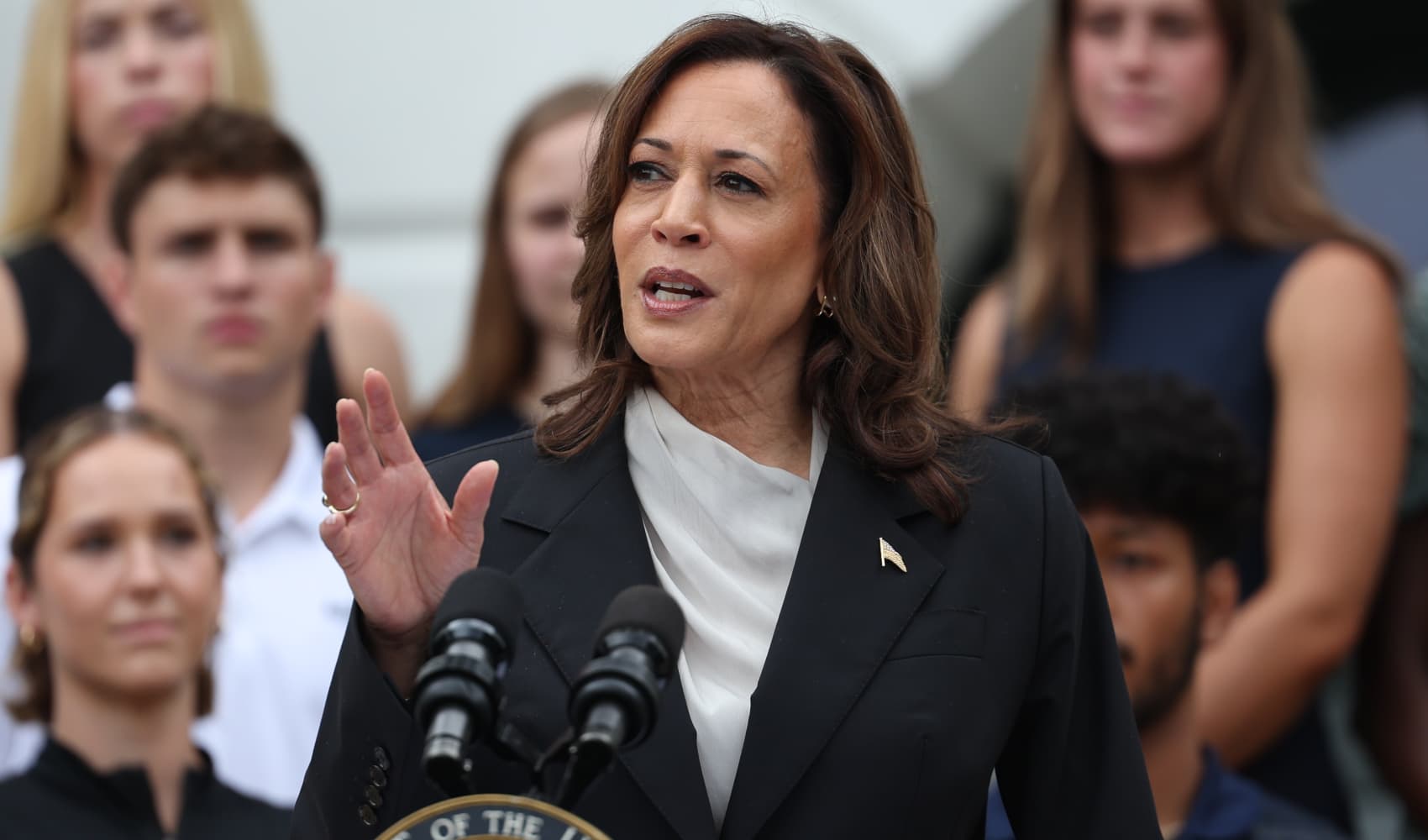Gov. Charlie Baker introduced legislation Friday aimed at overhauling Massachusetts' health care system by restricting how hospitals and doctors bill patients and requiring walk-in clinics to treat low-income patients on Medicaid.
Outlining the effort, the Republican governor said it's designed to lower costs and streamline health care for the future.
"We need to prepare our health care system for the future, focus our efforts on achieving the best outcomes for patients and bring down costs," Baker said in a statement. He said the legislation would "address the challenges associated with supporting an aging population, individuals with a chronic illness, or those in need of behavioral health services."
Baker was state health secretary and the CEO of Harvard Pilgrim Health Care before becoming governor and has taken a special interest in the issue.
His legislation would outlaw "surprise" bills for emergency room care and rein in certain hospital fees. Baker cited the example of an individual who gets an unexpected bill after going to the emergency room for a broken arm and getting an X-ray by a radiologist who turns out to be out of the patient's insurance network.
Drug companies would be penalized for raising prices on medications by more than 2% a year over any cost adjustments for inflation.
Primary care and behavioral health care are two main focuses. Baker's office said the administration has invested $1.9 billion in behavioral care since January 2015, but the system is still failing patients.
Local
In-depth news coverage of the Greater Boston Area.
"Consumers consistently report long waits for appointments, lack of treatment available at the right time and at the right place and difficulty finding providers who take insurance," it said.
Baker's overhaul also would require retail clinics and urgent care centers — which are exploding in growth nationwide as health care options after hours and on weekends when traditional doctors' offices are closed — to provide care to Medicaid patients and other low-income individuals.
"There is currently no clear definition of urgent care services in Massachusetts, which can lead to confusion among insurers and patients and differing oversight," the governor's office said.
1199SEIU United Healthcare Workers East, a major industry union, said Friday the legislation "is a good first start as Massachusetts works to make health care more affordable and accessible for patients."



